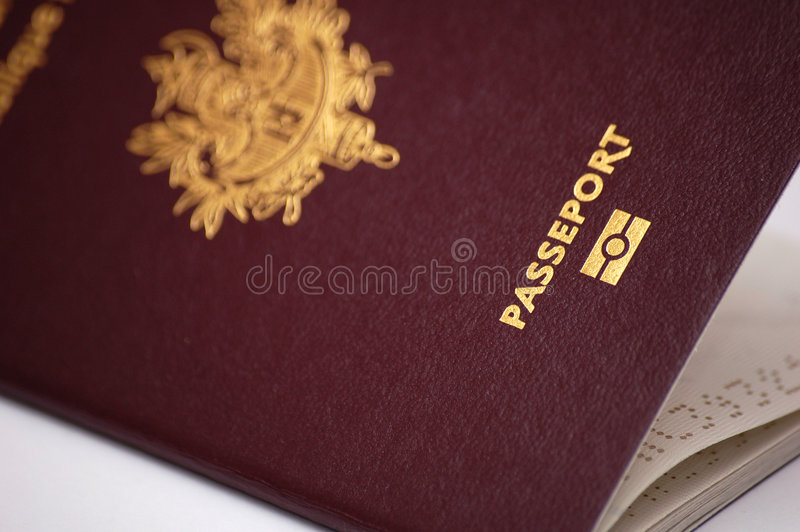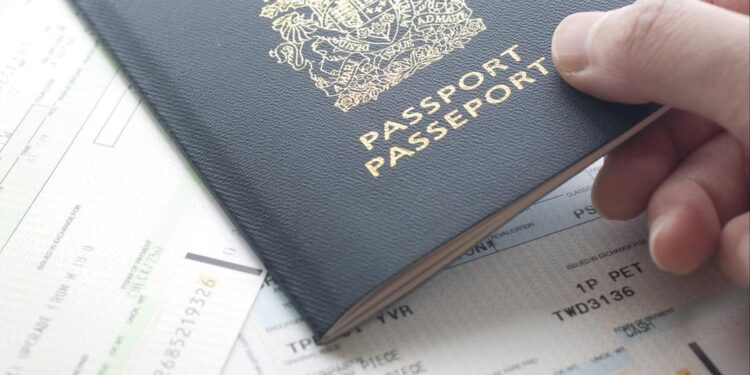You are required to obtain an Indian Visa if you want to enter or transit through India. The type of visa you need depends on the kind of travel involved, for example whether it is tourism, business or trade, and how long the stay is expected to be. In this article, you will learn about the two categories of visas – Indian Visa Application Online and Indian Visa On Arrival – and how each one can help you with your travel plans!
The Indian Embassy has introduced a visa application portal – VISAnet. This portal will help you apply for Indian Visa online and save time and money.
Indian Visa Application Online and are now available for any foreigner who’s going to visit India.
Indian Visa Application Process – The Basics
The Basics of Applying for an Indian Visa
Whether you’re applying for an Indian visa online or on arrival, there are a few basics you need to know about the process. Here’s a quick overview:
1. You’ll need a valid passport. Make sure your passport has at least 6 months of validity remaining from your date of travel.
2. You’ll need to provide proof of onward travel. This can be in the form of a return ticket or an onward ticket to another destination.
3. You’ll need to have your fingerprints taken. All applicants for an Indian visa must have their fingerprints taken as part of the application process.
4. You’ll need to submit a recent passport-style photograph. Make sure the photo is clear and meets all the requirements specified by the Indian visa application website or form.
5. You may need to provide additional documents, depending on your nationality, purpose of travel, and other factors. Check the requirements for your specific case on the Indian visa application website or with the nearest Indian consulate or embassy before you apply. Indian Visa On Arrival
The process of applying for an Indian visa is relatively straightforward, but there are a few things to keep in mind. Here are the basics of the Indian visa application process:
1. Applicants must have a passport that is valid for at least six months from the date of entry into India.
2. Applicants must submit a completed visa application form, along with two recent passport-size photographs.
3. Supporting documents such as proof of travel plans and accommodation must be submitted along with the application form.
4. Visa fees must be paid at the time of application. Fees vary depending on the type of visa and the duration of stay in India.
5. Once the application is complete, it will be sent to the nearest Indian consulate or embassy for processing. Processing times vary, but can take up to several weeks.
6. After the visa has been processed, it will be mailed back to the applicant’s home address.
Steps for Applying for an Indian Visa
There are two types of Indian visa available- the e-Visa, which is valid for 60 days, and the regular Visa, which is valid for one year.
The first step for applying for an Indian visa is to fill out the online application form on the website of the Ministry of Home Affairs. After filling out the form, you will need to submit it along with a recent passport-sized photograph.
Next, you will need to make a payment for the visa fee. The e-Visa fee is $60, while the regular Visa fee is $160. Once the payment has been made, you will need to print out the confirmation page and submit it along with your application form.
After your application has been submitted, you will need to wait for it to be processed. processing times vary depending on which type of visa you are applying for. For an e-Visa, processing usually takes around 4 days. For a regular Visa, processing times can vary from 2 weeks to 2 months.
Once your application has been processed, you will receive an email notification letting you know whether or not your visa has been approved. If your visa has been approved, you will be able to print out your electronic visa and use it to travel to India. If your visa has been denied, you will receive an email notification explaining why.
Documents Required for an Indian Visa
1. A valid passport with at least two blank pages for the visa sticker and accompanying passport-sized photograph
2. A completed application form which can be obtained from the website of the relevant Indian mission
3. A Letter of Introduction from your employer or educational institution, if applicable
4. Supporting documents such as proof of financial means and travel itinerary
5. In some cases, an interview may be required
How to Apply for an Indian Visa Online?
It is now possible to apply for an Indian visa online, and even get an Indian visa on arrival in some cases. Here is a step-by-step guide to doing both:
1. Go to the website of the Indian embassy or consulate in your country.
2. Click on the link for ‘visa application’.
3. Fill out the online form with all the required information.
4. Upload a digital photo of yourself, as well as any other required documents.
5. Pay the visa fee online, using a credit or debit card.
6. Print out the confirmation page and keep it with your passport when you travel to India.
Tips and Tricks to Apply for Indian Visas
After Completing the Process, What Happens Next?
After completing the India visa application process online, you will need to print out the confirmation page and bring it with you when you travel to India. You will also need to bring your passport and two passport-sized photos. If you are applying for a visa on arrival, you will need to show proof of onward travel from India, as well as your hotel booking confirmation.
Conclusion
The process of applying for an Indian visa online is relatively simple and straightforward. However, it is important to note that the Indian visa on arrival option is only available for certain nationalities. If you are not eligible for the visa on arrival, you will need to apply for your visa in advance through the Indian embassy or consulate in your home country. In either case, be sure to familiarize yourself with the requirements and application process before beginning so that there are no surprises along the way.



